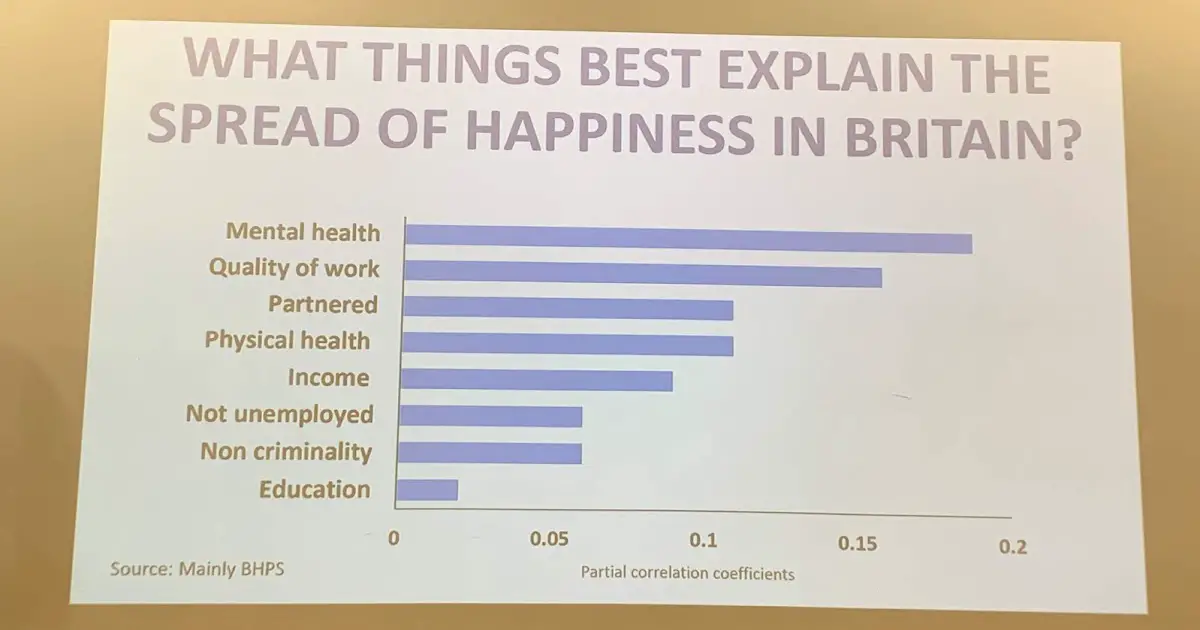A new study claims Ireland’s carbon reductions from its current retrofitting scale will be offset by the emissions created in other residential construction.
Ireland will need to scale up its current residential retrofitting rates significantly to meet the 2030 targets of its Climate Action Plan, according to a new study by University College Dublin (UCD).
The new report by UCD’s Energy Institute and NexSys claims that even when scaled up, Ireland’s retrofitting plans are unlikely to meet residential climate targets.
The Government revealed its updated Climate Action Plan last December, the second time the plan was updated since it was first published in 2019.
The plan lists various targets to help Ireland slash its emissions by 50pc by 2030 and reach net zero no later than 2050. One of these targets is to retrofit 500,000 homes to an energy rating of BER B2 or equivalent by 2030.
Previous research by UCD research fellow Dr Richard O’Hegarty and associate professor Oliver Kinnane and claimed that the construction and built environment sectors account for 37pc of Ireland’s carbon emissions.
The new research, led by O’Hegarty and Kinnane, claims that Ireland will need to implement additional measures to meet the retrofitting goals of its Climate Action Plan. But the report also warns that these improvements would be balanced out by the carbon emitted from other housing works.
“Even if these [targets] are achieved, gains that might accrue from home retrofit and electricity decarburisation will be negated by the growth in embodied emissions deriving from housing development outlined in government plans,” the report said.
A whole life carbon approach
The research outlines two different forms of carbon emission that should be considered when conducting retrofitting strategies.
The first – called operational– include the emissions associated with operational energy requirements of a building, such as heating, cooling and lighting.
The second – embodied – includes all emissions associated with the materials and energy used in construction, maintenance and demolition of a building throughout its life cycle.
The researchers claim most climate action plans worldwide focus mainly on operational emissions, but fail to focus on embodied emissions.
“This partial focus leads to siloed policy, often focused on retrofit of the existing stock, while high impact construction continues unabated,” the report said.
The research lists a number of potential measures to have Ireland meet its retrofitting targets, based on multiple scenarios.
These measures include targeting of the worst performing homes for retrofit first, a focus on decarbonising Ireland’s electricity, reducing the size of future homes and reducing the embodied carbon within residential building materials.
“More retrofits targeted toward the worst performing stock is important, and whatever gets built needs to be built to the highest standard from an operational carbon perspective,” Kinnane said. “Primarily we need to get more creative about how we plan and develop our future urban environments.”
In 2021, an €1.2m project was launched in Dublin to develop and test a ‘one-stop-shop’ implementation unit, with a focus on finding ways to retrofit large commercial and public buildings.
10 things you need to know direct to your inbox every weekday. Sign up for the Daily Brief, Silicon Republic’s digest of essential sci-tech news.
Source link










Leave a Reply